
Post by : Vansh Kumar
Diplomacy has long been the cornerstone of international relations, serving as a tool for nations to resolve conflicts, build alliances, and foster global stability. In an interconnected world, where political, economic, and cultural interactions are constant, the power of diplomacy becomes more crucial than ever. From historical treaties to modern multilateral negotiations, diplomacy shapes how nations interact, preventing conflicts and promoting cooperation.
At its core, diplomacy is the practice of managing relationships between countries through dialogue, negotiation, and compromise. Unlike military action or coercion, diplomacy emphasizes communication and mutual understanding to achieve shared objectives. It operates on multiple levels: bilateral discussions between two nations, multilateral engagements involving global organizations, and cultural exchanges that strengthen people-to-people ties.
Through diplomacy, countries can address sensitive issues such as territorial disputes, trade disagreements, environmental concerns, and security threats. Diplomats act as intermediaries, conveying messages, clarifying intentions, and proposing solutions that reduce tensions and prevent escalation. This careful negotiation process underscores the vital role of diplomacy in maintaining international peace and stability.
One of the most visible impacts of diplomacy is in conflict resolution. Wars, disputes, and political tensions have historically been mitigated or prevented through skillful diplomatic efforts. The Treaty of Westphalia in 1648, which ended the Thirty Years’ War, is an early example of how negotiations can reshape global order. More recently, peace talks between nations like Colombia and the FARC, or international dialogues on nuclear agreements, demonstrate diplomacy’s continuing relevance.
Conflict resolution often involves mediation, negotiation, and compromise. Skilled diplomats analyze the interests of all parties and propose solutions that balance competing demands. For instance, international organizations such as the United Nations often facilitate negotiations that bring together conflicting nations to reach peaceful agreements. By prioritizing dialogue over confrontation, diplomacy reduces the risk of violence and promotes sustainable peace.
Disclaimer: The information presented in this article is intended for general awareness and educational purposes only. Readers are advised to verify facts and exercise discretion when making decisions based on this content. GCC news network is not responsible for any direct or indirect outcomes resulting from the use of this information.
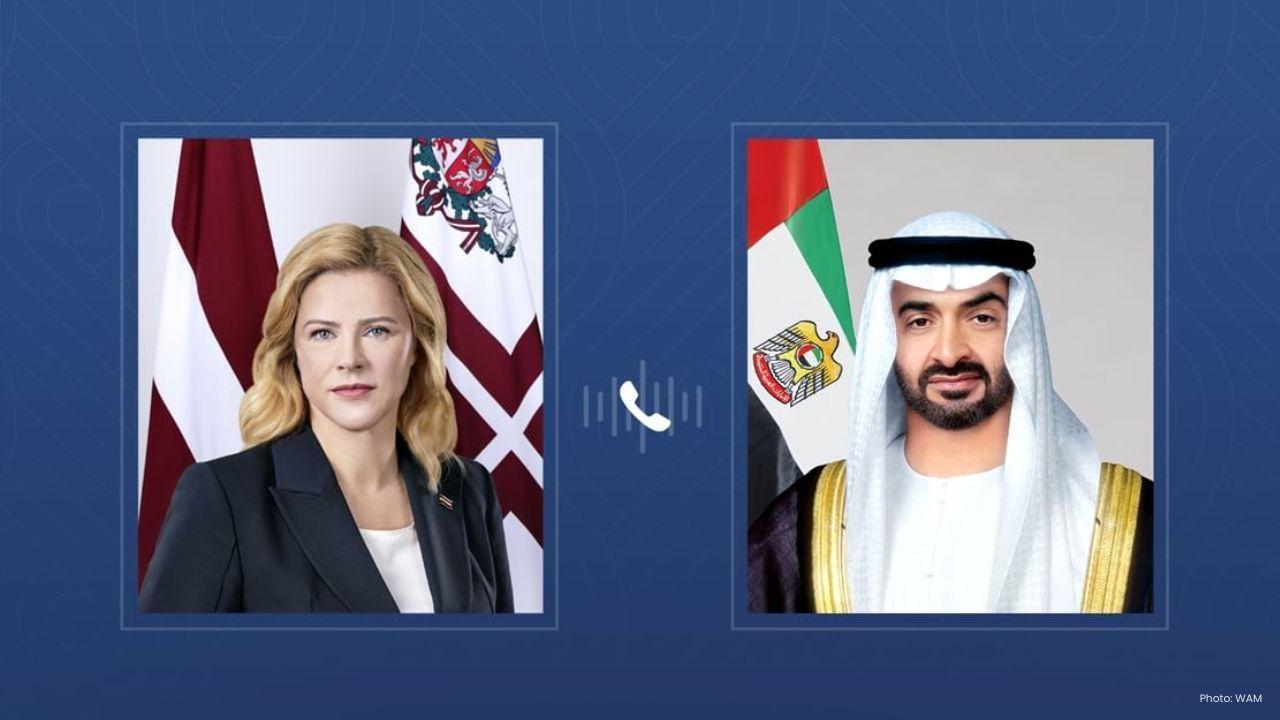
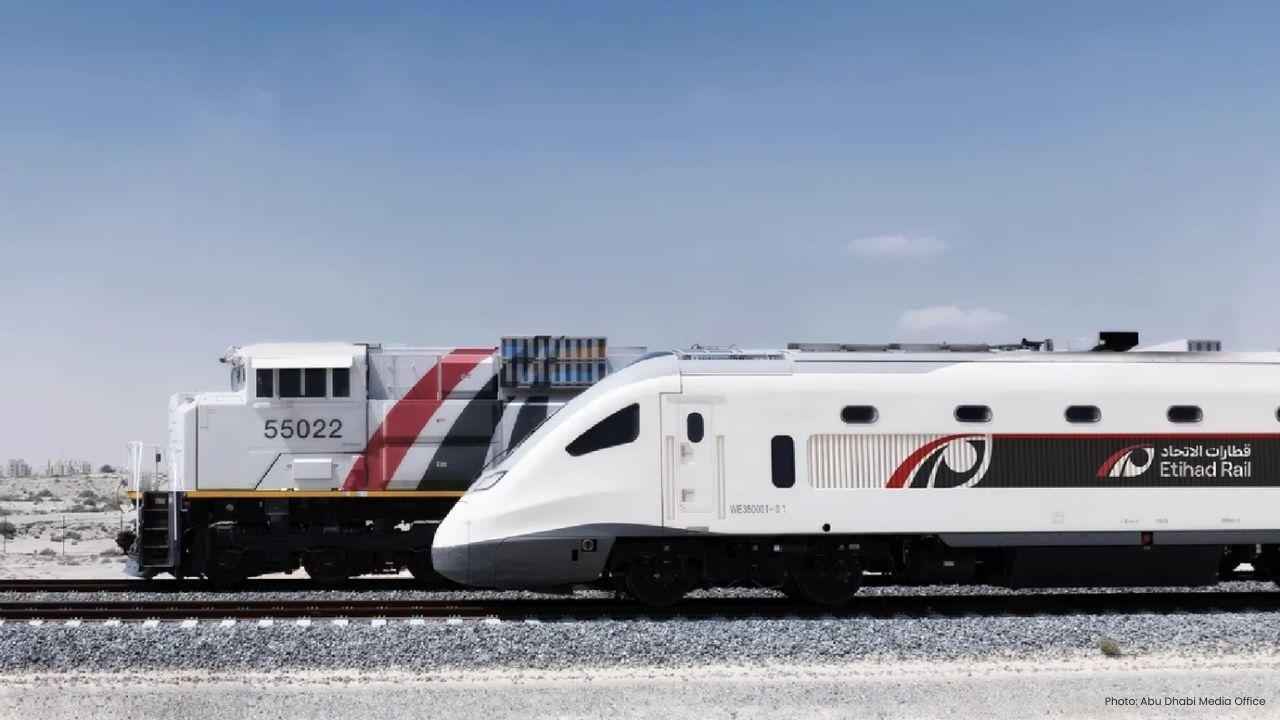
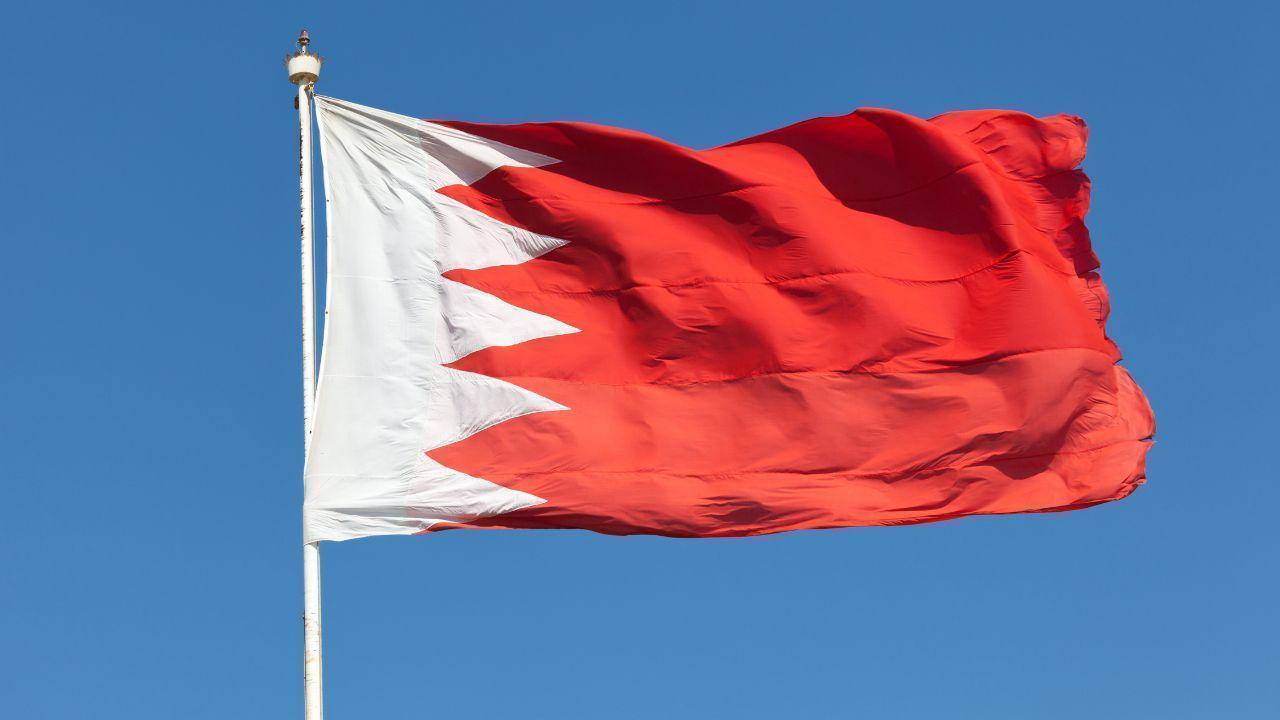

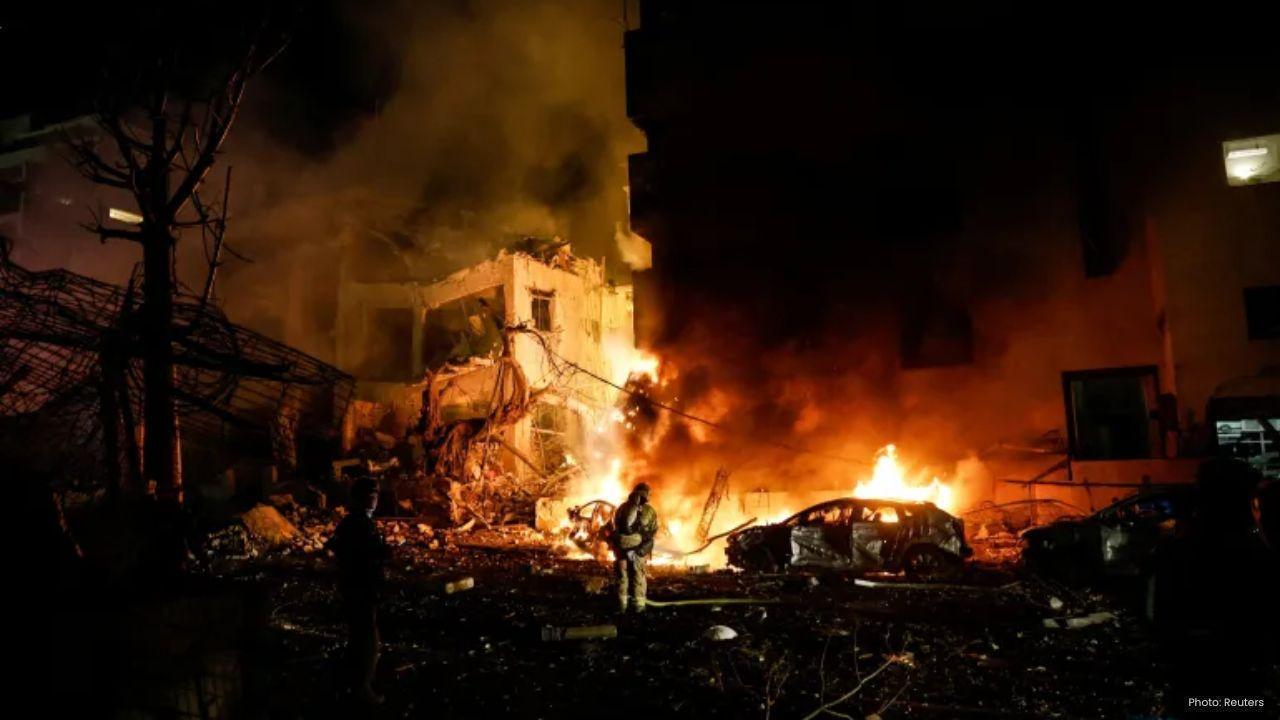



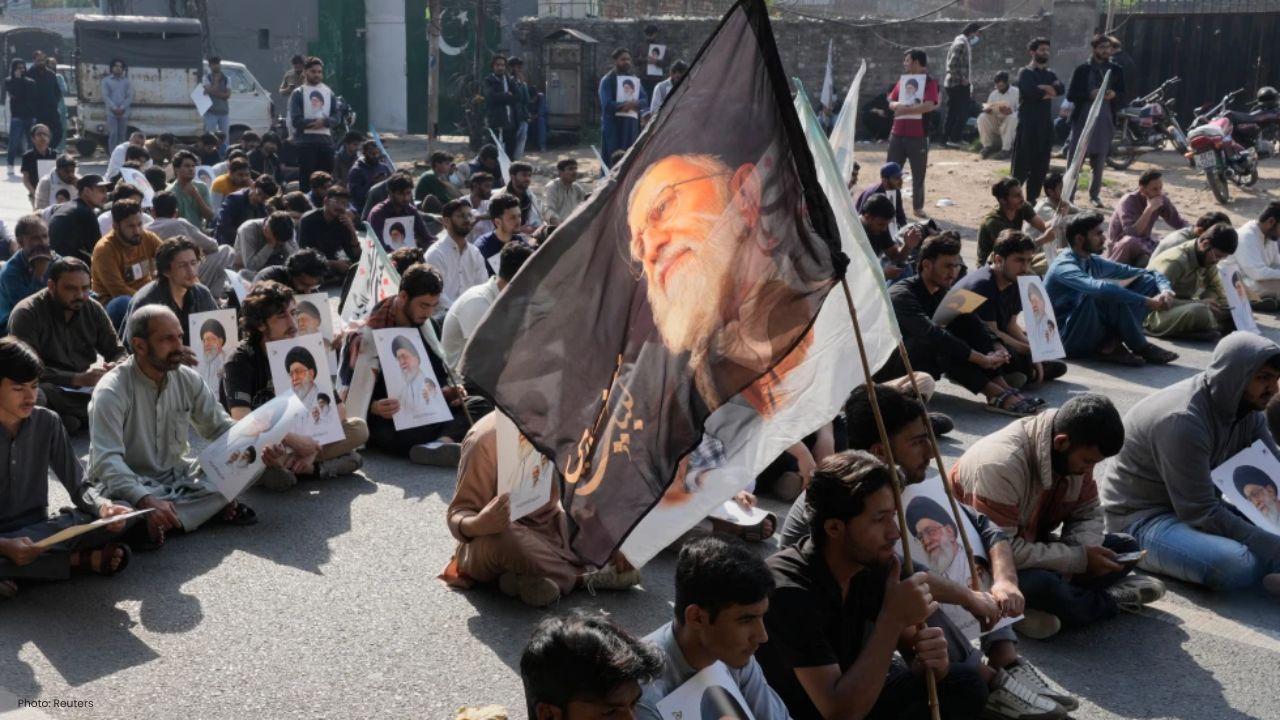

Iran Strikes UAE 167 Missiles 541 Drones Hit Dubai
Iran launches large-scale missile and drone assault on UAE forcing airport shutdowns and triggering
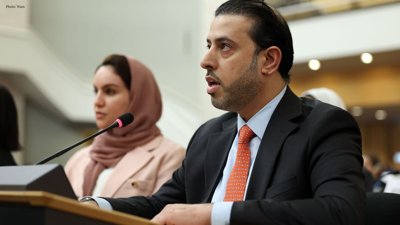
UAE Rejects Sudan Conflict Allegations at UN Human Rights Council
Emirati diplomat issues Right of Reply in Geneva dismissing accusations and urging accountability fo

NCM issues fog and low visibility warning in UAE
National Centre of Meteorology warns of fog and reduced visibility in coastal and internal areas, ur

UAE expresses full solidarity with Kuwait over maritime rights
UAE expresses full solidarity with Kuwait and urges Iraq to resolve maritime concerns through intern

Dubai Parks to Offer Free Medical Tests During Ramadan
Free health screening buses will provide eye, blood pressure and glucose tests across major Dubai pa

T20 World Cup India Prepare to Crack Spin Test in Super Eight
Bowling coach Morne Morkel confident Indian batters will regain rhythm against spinners as Super Eig